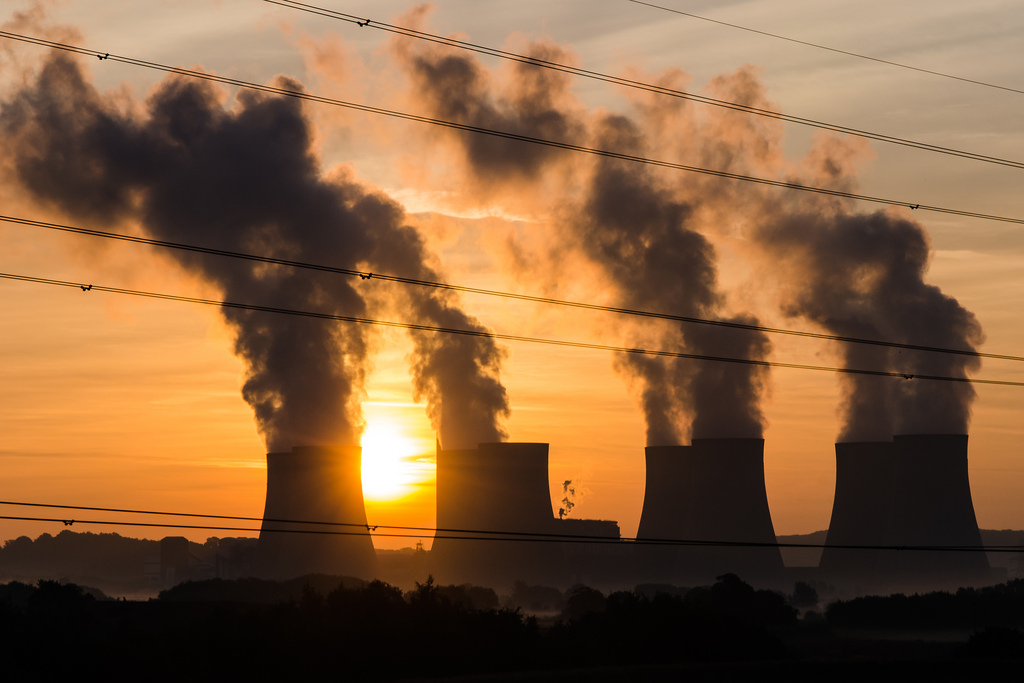The negotiations in Doha have passed their halfway point, although it is still not clear whether real progress will be made on some of the major issues under negotiation. With the conclusion of the first commitment period under the Kyoto Protocol looming at the end of this month, there is increasing pressure on the parties to reach an agreement with regard to a second commitment period. As we discussed in an earlier blog post, several of the Annex I Parties who were bound under the first commitment period of the Kyoto Protocol have stated that they are unwilling to enter into commitments to reduce their emissions for a second period. But even for those states willing to sign on, there is contentious debate about when the new commitment period will come into force.
In order to create a second commitment period, the Protocol will need to be amended (Article 3.9). Article 21 sets out the procedure for the Protocol to be amended. The first step in this process requires that the amendments be adopted at a meeting of the Conference of the Parties serving as the Meeting of the Parties to the Kyoto Protocol (CMP), by consensus if possible, or alternatively, by a three-fourths majority. The amendments must then be ratified domestically, and then each party who accepts the amendments must file an instrument with the depository of the Protocol. It is not until ninety days after a three-fourths majority of the parties have filed their instruments of acceptance that the amendments will actually come into force.
This process will take a considerable period of time. A draft decision prepared by the Chair of the Ad Hoc Working Group on Further Commitments for Annex I Parties under the Kyoto Protocol (AWG-KP) and circulated on Saturday, December 1, suggests a time limit of four years from the date on which the CMP accepts the amendments for countries to submit their instruments of acceptance. If the second commitment period did not begin for another four years, this would leave a significant gap in the implementation of the Kyoto Protocol.
To prevent this gap, many parties and observers suggest that the amendments to the protocol should be provisionally applied. Provisional application is when the parties agree to apply a treaty (or part thereof) pending its formal entry into force. This is an accepted rule of international law, and is codified in Article 25 of the Vienna Convention on the Law of Treaties. However, several of the Annex I Parties have indicated that domestic legal constraints would prevent them from agreeing to the provisional application of amendments to the Kyoto Protocol.
Several proposals are currently on the table to address this issue. They are:
Proposal One: The amendments would be provisionally applied, but those countries who could not provisionally apply the obligations due to national constitutional procedures could file an instrument indicating this, and how they intend to implement the amendments pending their formal entry into force.
Proposal Two: The amendments would be provisionally applied from 1 January 2013, except for any party which files an instrument prior to that date stating that it cannot apply the amendments provisionally due to domestic legal constraints. Parties which make such a notification will be required to provisionally apply the amendments from the date upon which that party files its instrument of acceptance (even if there have not yet been enough acceptances filed for the amendments to enter into force).
Proposal Three: Would allow parties to elect whether or not they would provisionally apply the amendments, pending their entry into force.
Proposal Four: Parties would agree to apply the amendments prior to their entry into force. As this proposal does not use the language of “provisional application,” it is arguable that the amendments would not be legally binding until the formal ratification and acceptance process required by Article 21 was complete.
We will have to wait a few more days to see whether one of these proposals, or an alternative, is adopted by the CMP. One important feature to bear in mind is that, unless states agree to provisional application, they may not be eligible to participate in the flexible mechanisms created by the protocol, such as Joint Implementation and the Clean Development Mechanism.
A copy of the proposal document prepared by the Chair of the AWG-KP is available here.


